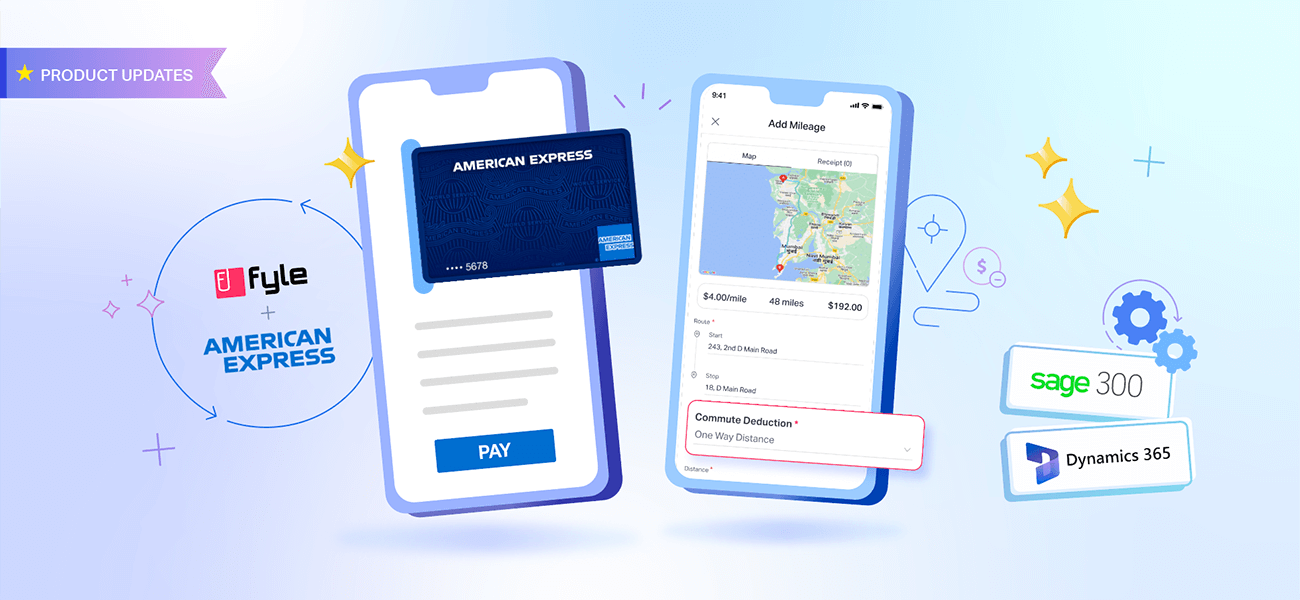Does your company provide expense reimbursements to employees for mileage and vehicular wear and tear? Most companies reimburse employees for miles traveled or get a flat-rate car allowance.
Some employers go so far as to leave it up to the employees to address if they want their car allowance to be taxed on their W2 tax form. Hence, it is essential to know as an employer and employee, what you can and cannot do.
The IRS Rules and Regulations on Car Allowances
Many employers offer car allowance reimbursement because it helps them attract and keep good staff. If you are receiving a car reimbursement benefit, no matter which one it is, there are IRS rules and regulations behind it.
The IRS allows employees to calculate their car allowance for mileage reimbursement in the following ways. They can:
- Base their deductions on the expenses they incurred while driving their vehicle for work. Some of these expenses are for things like vehicle maintenance, mileage, gas, tires, oil changes, and more.
- Employees can also use the standard mileage rate, which for 2020 is 57.5 cents per mile. If an employee drives 100 miles for work, they're entitled to $57.50 in reimbursements under the standard mileage rate.
- There are some ancillary mileage rates for employees if they are driving for medical or for moving reasons if they use their vehicle for work. Employees can be reimbursed at .17 cents per mile driven.
- If an employee drives for charitable organizations while working, they can be reimbursed at .14 cents per mile.
SUGGESTED READS:
Your guide to 2020 IRS mileage rate
Is Car Allowance Taxable?
Employees have to report car expenses and return any remaining money to the employer within a reasonable amount of time. The IRS makes it a point to define what a reasonable time frame means in the IRS Publication 463. Employees also have to keep detailed records showing where they went, how far it was, and what time they got there and returned to work.
- The Accountable Plan - As an employer, when you make your employee's W2, you don't have to report the reimbursement or car allowance as employee pay. The excess payments made from the employer to an employee go down as income but not salary.
- The Non- Accountable Plan - If your employees do not provide proof of expenses for work car allowances or mileage reimbursement, then you are considered a non-accountable employer by IRS standards.
The IRS takes legal action, but it punishes your employee. In such cases, any car allowance or mileage reimbursement you gave the employee becomes taxable under their W2 income report.
SUGGESTED READ: A Complete Guide to Claiming Mileage Tax Deduction in 2019
Is Car Allowance Taxable for Miscellaneous Driving?
The waters get even murkier with car allowances and mileage reimbursements when employers don't have the car allowance benefit for employees, or they are considered nonaccountable employers. What happens in such cases?
- Employees can deduct their driving expenses if they keep track of their driving. If they keep track of their mileage and work trips, they can claim a per-mile deduction for what's called unreimbursed employee expense on their Schedule A taxes when they file. It's important to note Schedule A only works if the employee itemized their deductions rather than taking the standard one.
- If employees use a car for everyday business purposes, the employee needs to take a business deduction. Here the employee needs to add their unreimbursed expenses in with any other IRS miscellaneous expenses allowed and subtract two percent of the adjusted gross income from the total. When they get to what's left, it's considered the deductible.
How can Businesses Make a Car Allowance Policy Concise?
Employees need a car allowance policy to be concise and consistent. They need to understand the nuances of the policy and what they need to document to get their reimbursements. There should be nothing complex or complicated about the reimbursement policy on car allowances. It's recommended by finance departments and accounting personnel to make it as effortless as possible for all stakeholders, whether it's the employer or employee.
SUGGESTED READS:
A guide to creating an effective car allowance policy
Track mileage on Google Maps with Fyle
How can Fyle Help with Car Allowances?
If you have employees who are using their vehicles for business reasons, you need to have a business policy in place. Fyle, as an expense management software, provides a comprehensive solution that fits your employee car allowance and overall expense management needs.
Our data analytics and insights allow businesses to understand the viability and effectiveness of their policies. Additionally, we help build a case for policy tweaking and modifications. This ensures all stakeholders are happy at all times! Schedule a demo with Fyle today and witness how we put an end to your expense management woes!











